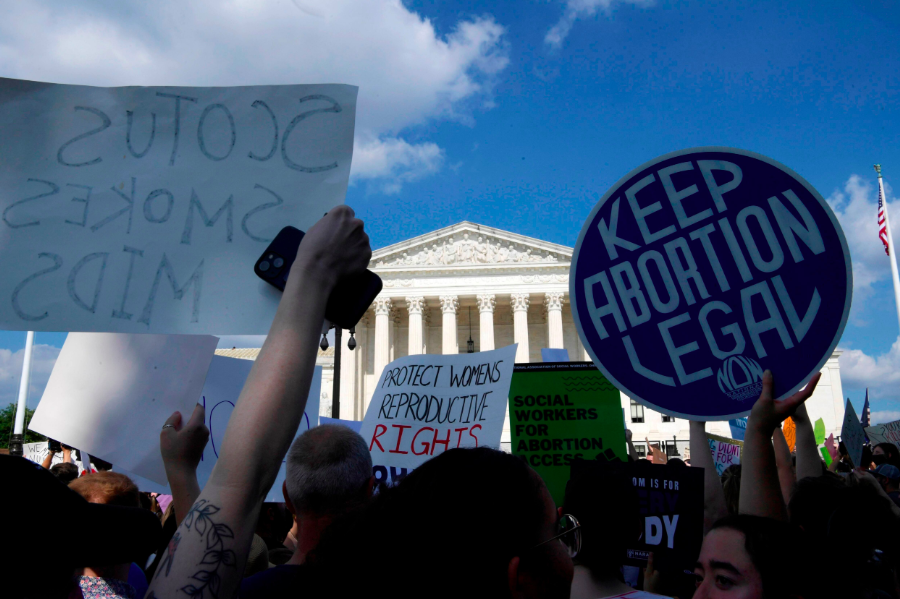
On Monday, the U.S. Supreme Court heard a case with far-reaching implications for women’s reproductive health care. The case revolves around mifepristone, commonly known as the “abortion pill,” which has been used to terminate early pregnancies since it was approved by the Food and Drug Administration in 2000. The case was brought before the Supreme Court after a conservative appeals court imposed restrictions on the drug in 2022.
The Biden Administration is fighting a lower court ruling that would restrict how the drug can be prescribed and distributed, potentially limiting access to the drug. This has sparked a heated debate over the FDA’s authority to regulate the drug and the potential danger it poses to women’s health.
During oral arguments, the Supreme Court justices expressed doubts about the position of the plaintiffs seeking to restrict access to mifepristone. They also questioned whether the FDA even has the power to regulate the drug. This signals a potential challenge to the lower court’s decision and could have significant implications for the future of reproductive rights in the U.S.
On the other hand, advocates of restrictions argue that mifepristone carries significant health risks and is being overused. They believe that FDA regulation of the drug is necessary to protect women’s health and prevent potential harm. They also argue that the lower court ruling would not completely ban mifepristone, but would ensure that it is used safely and responsibly.
The outcome of this case could have far-reaching consequences for women’s access to reproductive health care and the future of abortion rights in the US. It remains to be seen how the Supreme Court will rule, but its skepticism toward restrictions on mifepristone indicates that this case will have a significant impact on ongoing debates about women’s rights and bodily autonomy.




